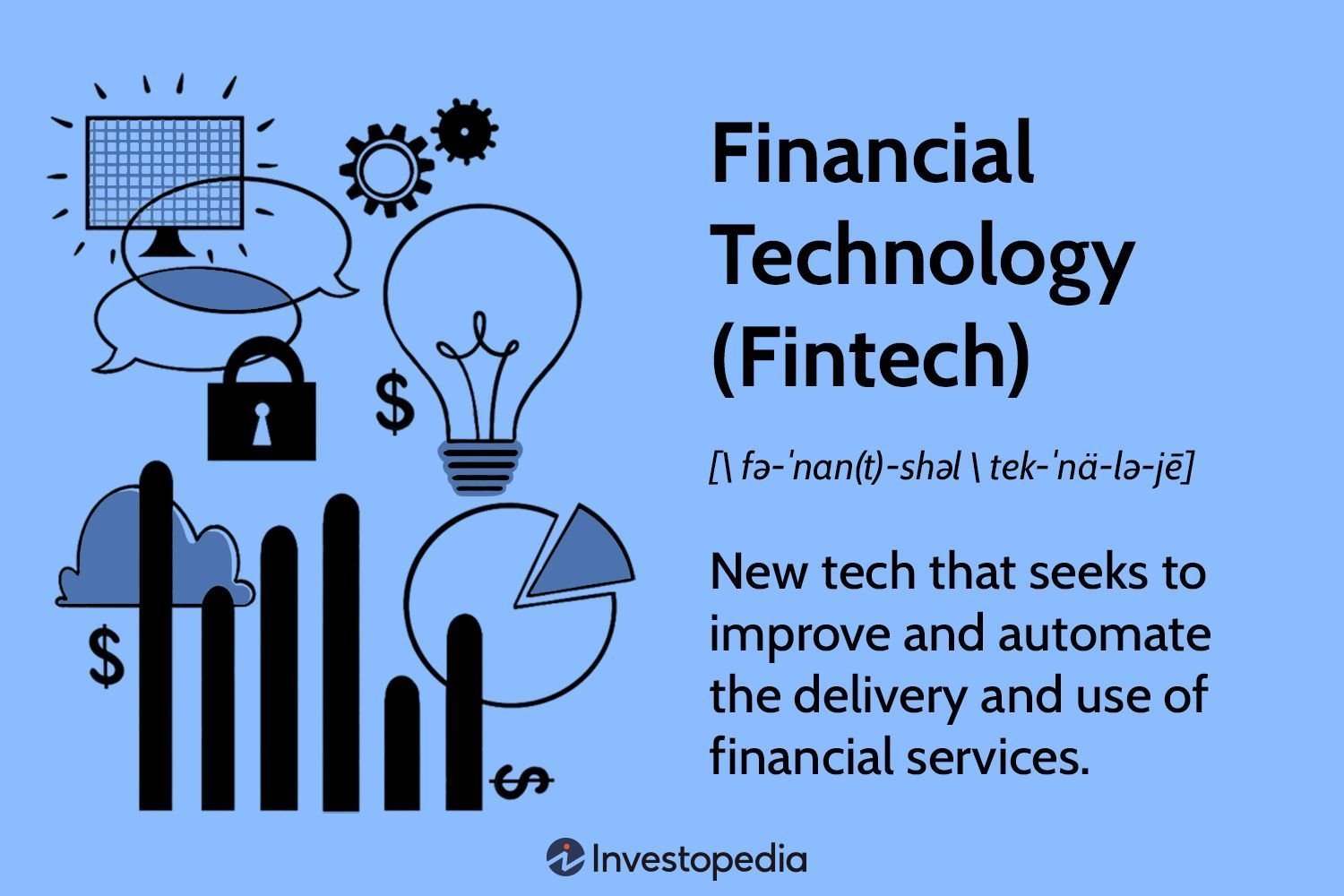The financial technology (FinTech) industry has revolutionized the way tech startups secure funding. Traditional lending processes can be slow, bureaucratic, and rigid, making it difficult for startups to access capital. However, FinTech companies have introduced innovative solutions that simplify loan applications, provide faster approvals, and offer more flexible financing options. This guide explores how FinTech is reshaping loan accessibility for tech startups in 2025.
Why FinTech Matters for Tech Startups?
Key Benefits of FinTech Loans
- Faster Processing: AI-driven algorithms speed up loan approvals.
- Less Stringent Requirements: Ideal for startups without an extensive credit history.
- Flexible Loan Options: Revenue-based financing, peer-to-peer lending, and digital credit lines.
- Lower Costs: Reduced operational overhead leads to lower fees.
Challenges of FinTech Lending
- Higher Interest Rates: Compared to traditional banks.
- Regulatory Uncertainty: Evolving regulations may impact FinTech services.
- Security Risks: Increased reliance on digital platforms requires robust cybersecurity.

How FinTech is Changing Loan Access for Startups
1. AI-Powered Loan Approvals
- Machine learning evaluates risk with greater accuracy.
- Automated underwriting reduces human bias.
2. Alternative Credit Scoring
- Uses business performance metrics instead of personal credit scores.
- Considers cash flow, revenue history, and customer reviews.
3. Blockchain and Smart Contracts
- Increases transparency and reduces fraud.
- Enables decentralized lending platforms.
4. Embedded Finance in Startup Ecosystems
- Integration of lending services into business tools (e.g., accounting software offering credit lines).
- Reduces friction in the loan application process.
Top FinTech Lenders for Tech Startups in 2025
1. Stripe Capital
- Loan Type: Revenue-based financing.
- Best For: Startups using Stripe for payment processing.
2. Brex
- Loan Type: Credit lines and corporate cards.
- Best For: VC-backed startups needing expense management solutions.
3. Kabbage (American Express Business Blueprint)
- Loan Type: Credit lines up to $250,000.
- Best For: Small and medium-sized tech businesses.
4. Fundbox
- Loan Type: Invoice financing and credit lines.
- Best For: Startups with pending receivables.
5. BlueVine
- Loan Type: Business lines of credit and invoice factoring.
- Best For: Companies needing short-term working capital.
Comparing Traditional Banks vs. FinTech Lenders
| Feature | Traditional Banks | FinTech Lenders |
|---|---|---|
| Approval Time | Weeks to months | Hours to days |
| Credit Requirements | Strict | Flexible |
| Loan Options | Limited | Diverse (revenue-based, peer-to-peer, etc.) |
| Paperwork | Extensive | Minimal |
| Interest Rates | Lower | Higher but more accessible |
How to Secure a Loan from a FinTech Lender
Step 1: Evaluate Your Funding Needs
- Determine whether you need short-term working capital or long-term growth financing.
- Compare different loan types and repayment terms.
Step 2: Improve Your Financial Profile
- Maintain healthy cash flow and revenue records.
- Build business credit by making timely payments.
Step 3: Choose the Right FinTech Lender
- Compare interest rates, fees, and repayment flexibility.
- Read reviews and verify lender credibility.
Step 4: Submit Your Application
- Provide business details, bank statements, and revenue history.
- Many FinTech lenders offer instant pre-qualification.
Step 5: Receive Funding and Utilize It Wisely
- Invest in growth strategies such as product development or marketing.
- Ensure timely repayments to build a strong lending profile.
Future Trends in FinTech Lending
1. Expansion of AI-Based Risk Assessment
- More startups will qualify for loans due to AI-driven credit analysis.
2. Growth of Decentralized Finance (DeFi)
- Blockchain-powered lending platforms will gain traction.
3. Increased Collaboration Between Banks and FinTechs
- Hybrid financing models will provide better lending options.
Conclusion
FinTech is transforming how tech startups access capital by offering faster, more flexible, and data-driven lending solutions. By leveraging AI, blockchain, and alternative credit scoring, FinTech companies are making funding more accessible than ever. As the industry evolves, tech startups can benefit from these advancements by choosing the right lender and strategically utilizing funds for growth.
